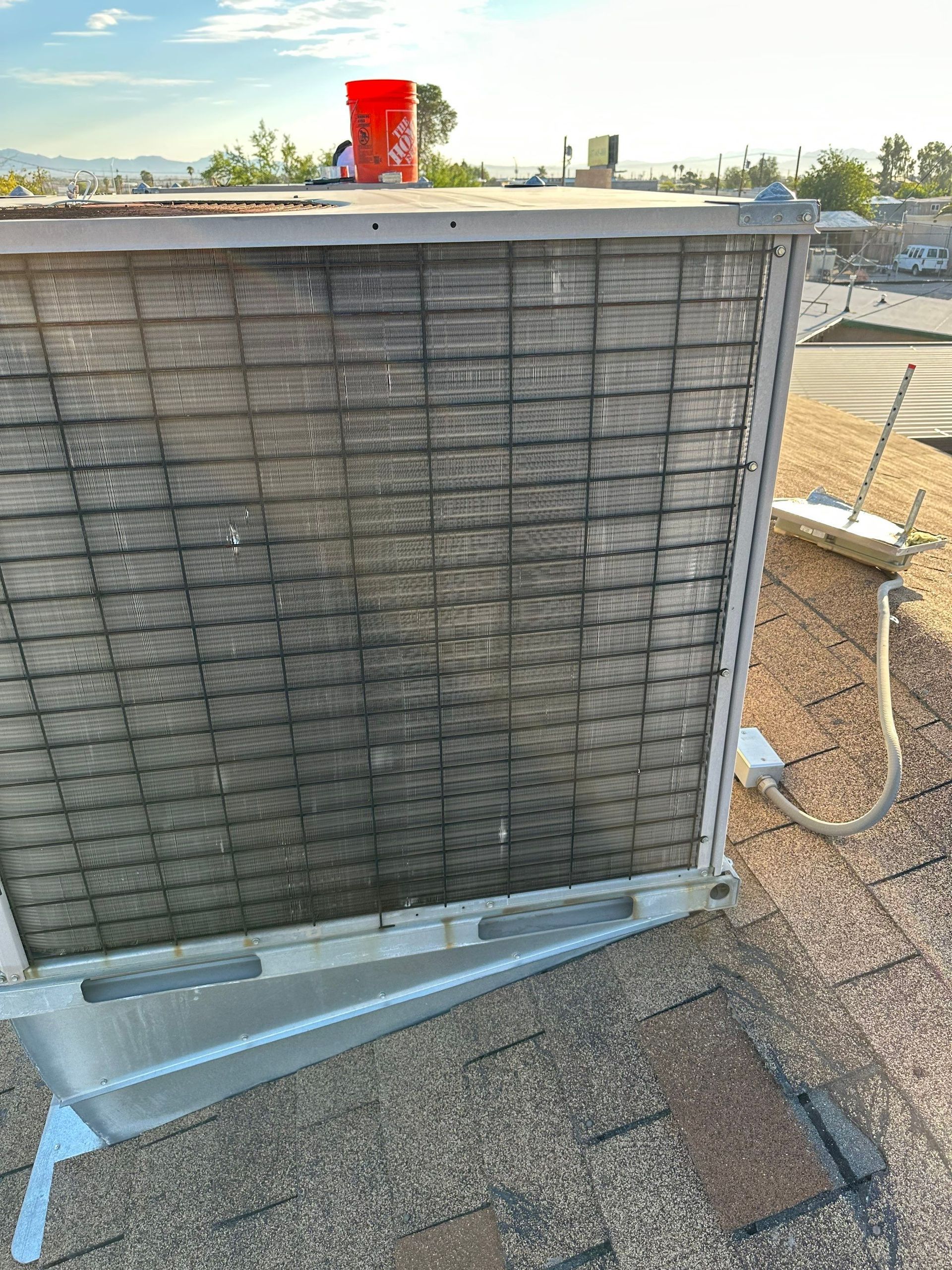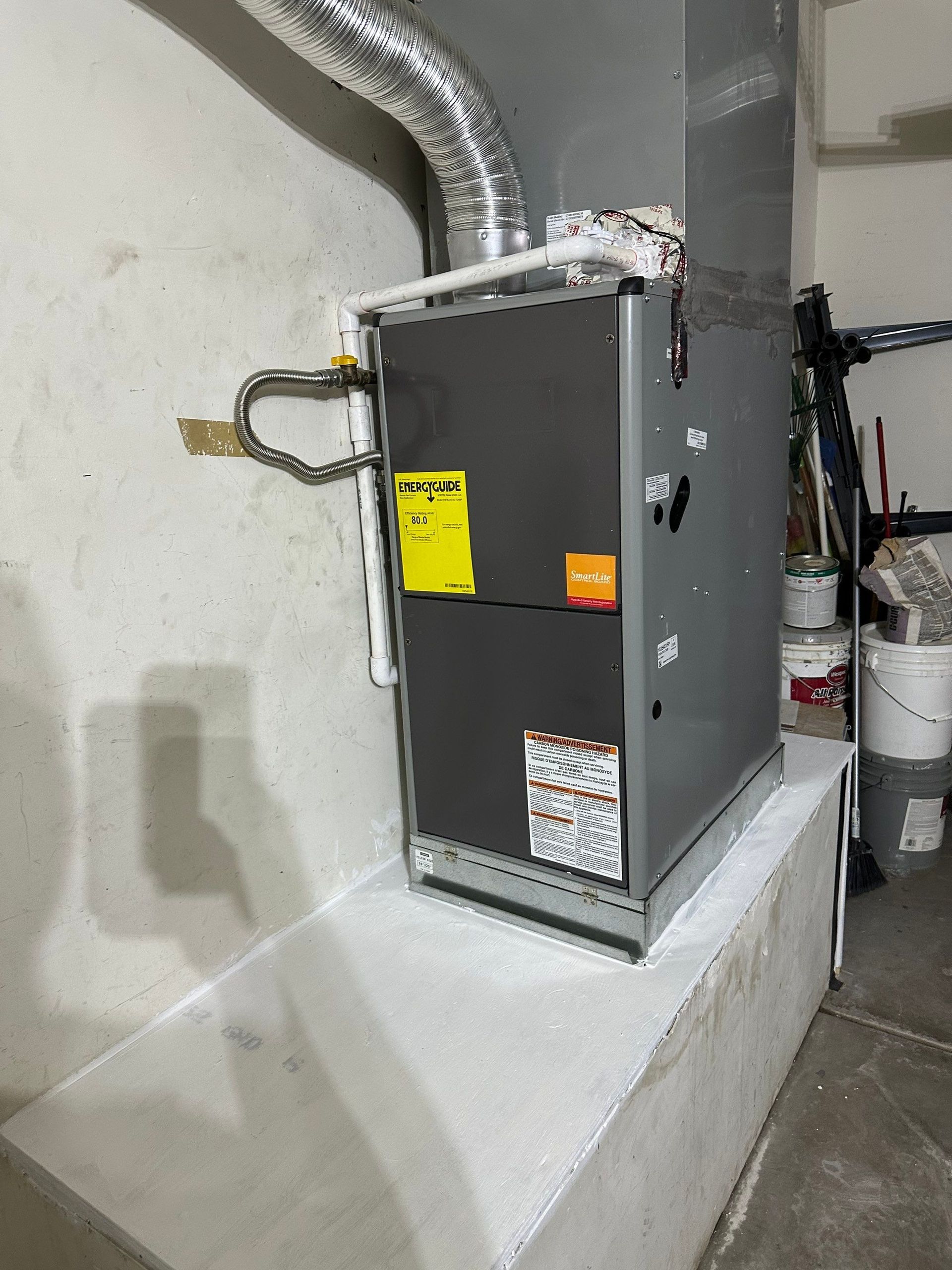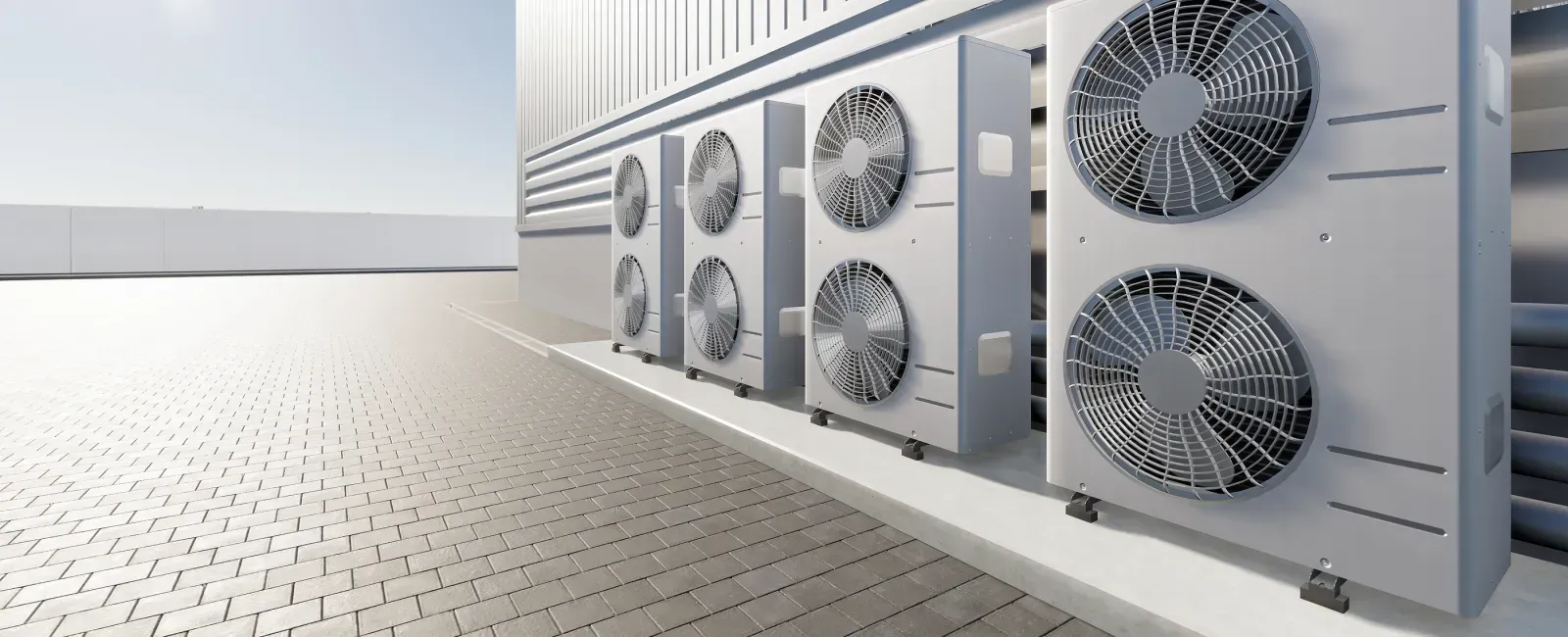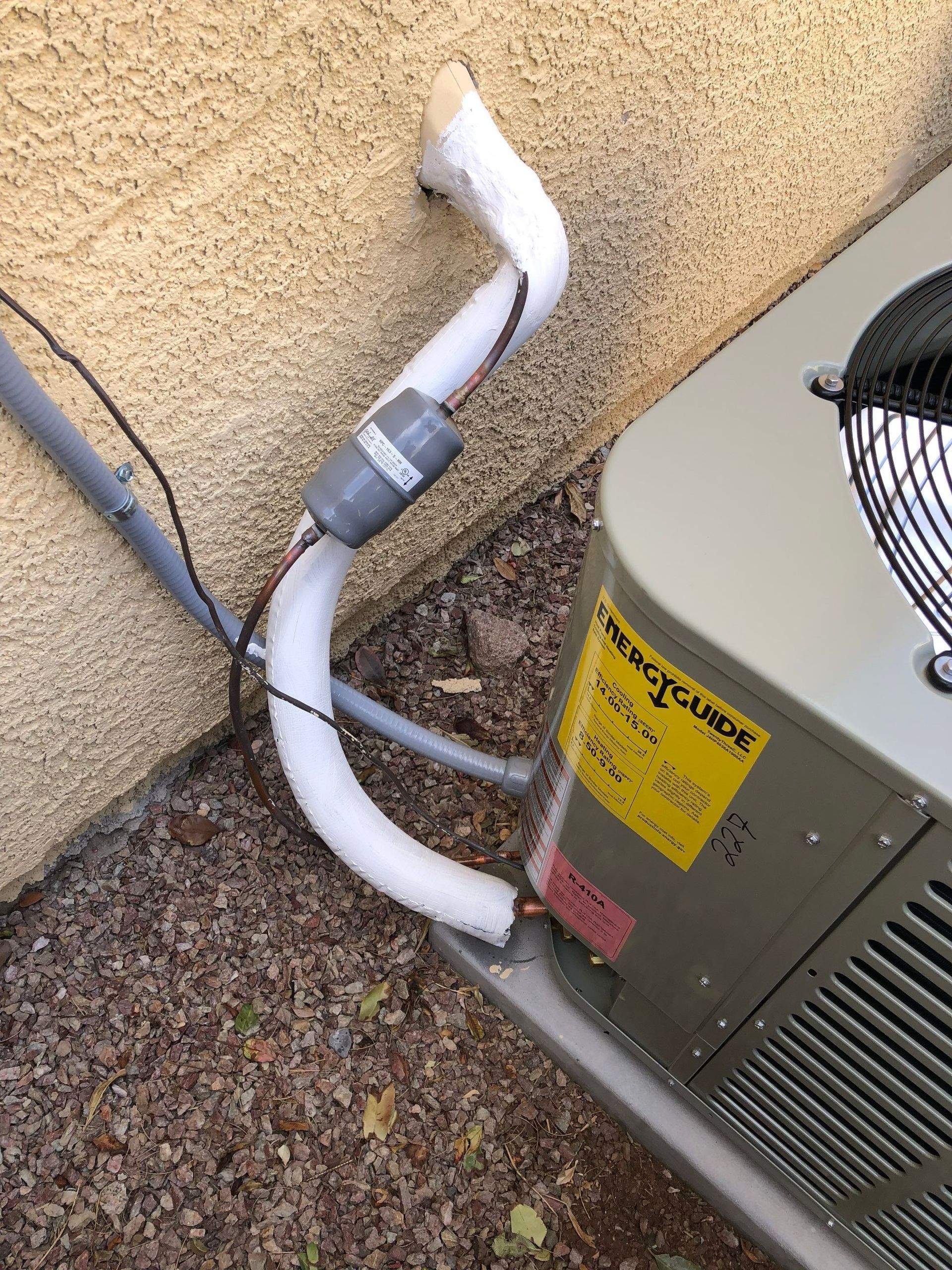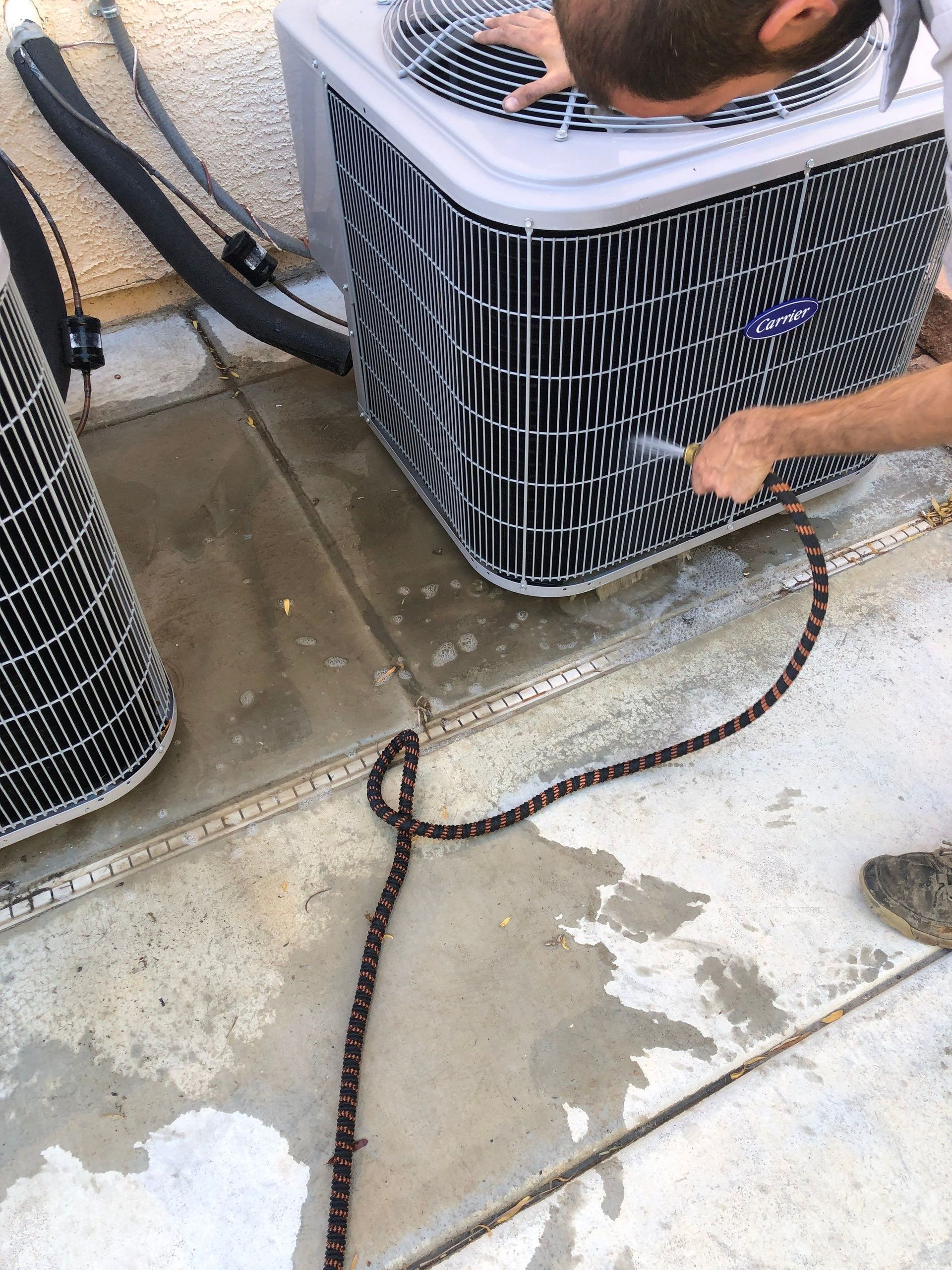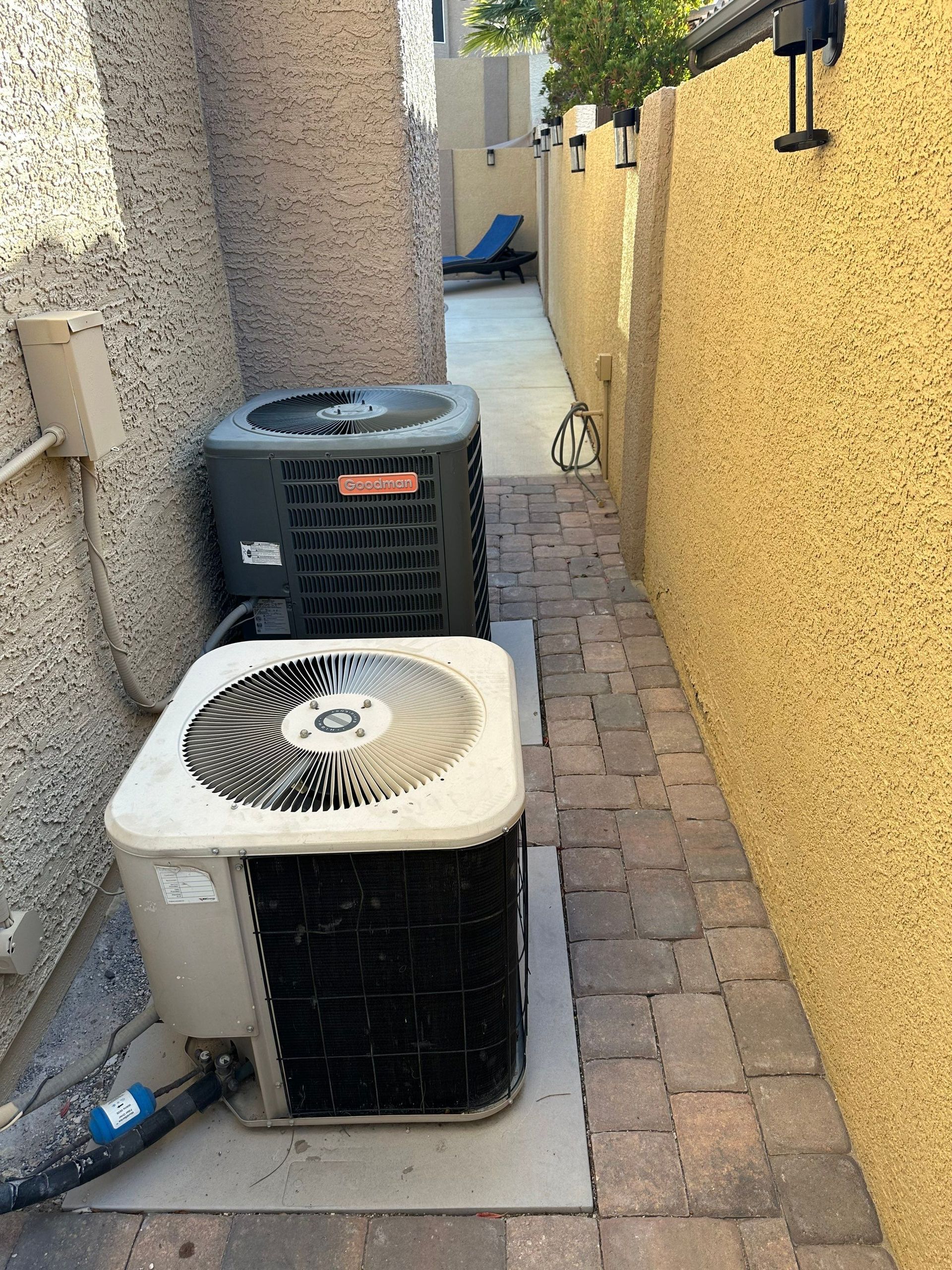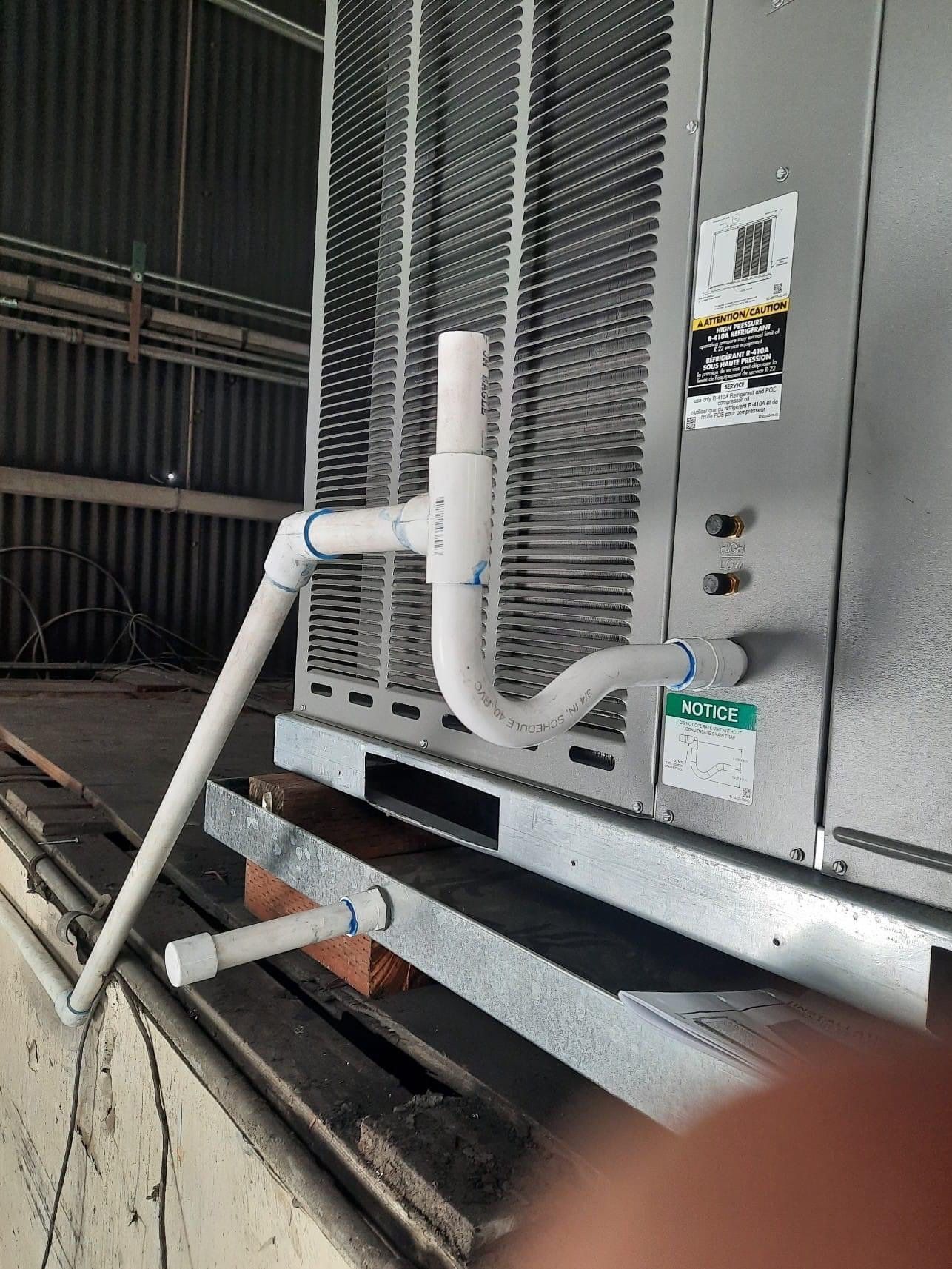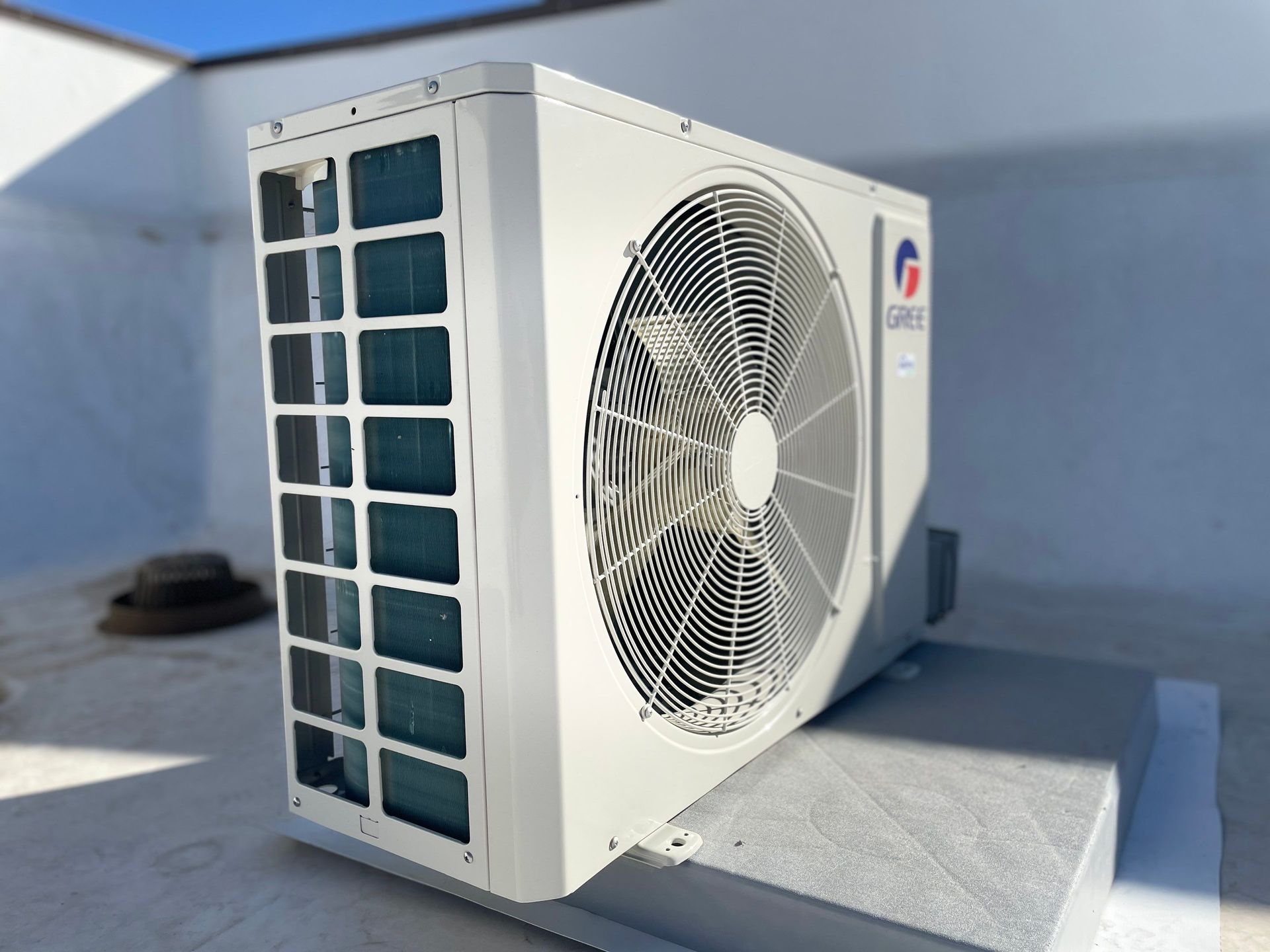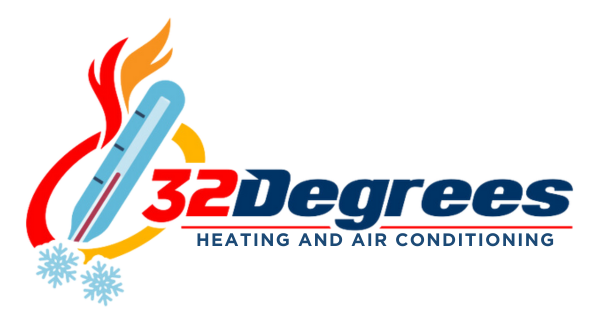The Importance of Proper Refrigerant Levels in AC Units
Your air conditioner relies on refrigerant to do its job. It’s the substance that flows through your system, absorbing heat from inside your home and releasing it outside. Without the right amount of refrigerant, your AC simply can’t keep you cool. But why do proper refrigerant levels matter so much, and how can they impact your system’s performance? Let’s take a closer look.
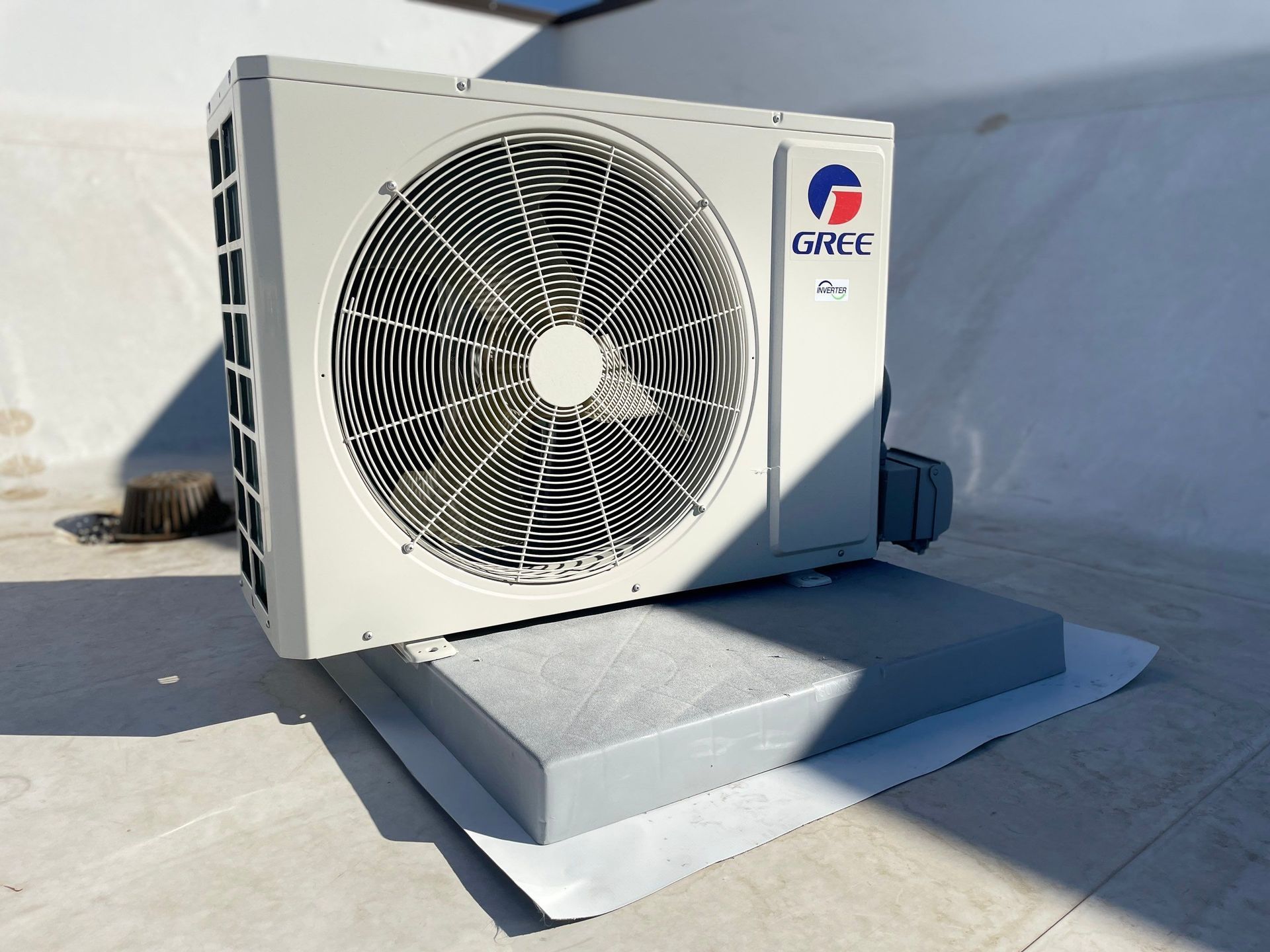
What Does Refrigerant Do?
Refrigerant isn’t just a part of your AC system—it’s the core of how it works. Here’s the process in simple terms:
- Refrigerant absorbs heat from the air inside your home as it flows through the evaporator coils.
- It carries that heat outside, where it’s released through the condenser coils.
- The refrigerant is then cooled and returns to the indoor coils to repeat the cycle.
This constant cycle keeps your home comfortable, even on the hottest days. But if there’s not enough refrigerant, the process is thrown off balance.
Why Are Proper Refrigerant Levels So Critical?
- Efficient Cooling:
When refrigerant levels are too low, your AC has to work much harder to cool your home. This means longer run times, higher energy bills, and less effective cooling. You might notice rooms taking forever to cool down—or not cooling at all. - System Health:
Low refrigerant levels put extra strain on your AC’s components, especially the compressor. The compressor is like the heart of your system, and overworking it can lead to serious damage. In many cases, a burned-out compressor means it’s time to replace the entire unit—a costly repair that could have been avoided. - Preventing Freezing:
One surprising symptom of low refrigerant is frozen evaporator coils. Without enough refrigerant to absorb heat, the coils can drop below freezing, leading to ice buildup. This not only reduces cooling capacity but can also cause further damage to your system. - Environmental Impact:
Refrigerant leaks don’t just affect your AC’s performance—they can also harm the environment. Many older systems use refrigerants like R-22, which contribute to ozone depletion. Ensuring proper levels and addressing leaks quickly helps minimize environmental damage.
Signs of Low Refrigerant Levels
How do you know if your AC might be low on refrigerant? Here are some common signs:
- Weak Airflow: The air coming from your vents feels weak or not as cool as it should be.
- Long Cooling Times: Your system seems to run endlessly without reaching the desired temperature.
- Higher Energy Bills: If your energy usage spikes unexpectedly, low refrigerant could be the culprit.
- Ice on Coils: Check your outdoor unit—if you see ice forming, it’s a red flag.
- Hissing or Bubbling Sounds: These noises often indicate a refrigerant leak, which needs immediate attention.
What Causes Low Refrigerant Levels?
Refrigerant doesn’t just “run out” like gas in a car. If your system is low, it’s likely due to a leak. Common causes of refrigerant leaks include:
- Wear and Tear: Over time, joints and connections in your system can weaken.
- Corrosion: Rust on the coils can create tiny holes that let refrigerant escape.
- Poor Installation: An improperly installed system can develop leaks more easily.
What to Do About Low Refrigerant Levels
If you suspect your refrigerant levels are off, it’s important to act quickly. Here’s what to do:
- Call a Professional: Refrigerant isn’t something you can simply “top off” yourself. A licensed HVAC technician can locate and repair leaks, recharge the system, and ensure everything is running properly.
- Schedule Regular Maintenance: Annual tune-ups can catch refrigerant issues before they escalate. Technicians check levels, inspect for leaks, and make adjustments as needed.
- Consider an Upgrade: If your system is older and uses outdated refrigerants like R-22, it might be worth upgrading to a newer, more efficient model. Modern systems use environmentally friendly refrigerants and perform better overall.
Preventing Refrigerant Issues
The best way to avoid refrigerant problems is to keep up with regular maintenance. Simple steps like cleaning the outdoor unit, changing air filters, and scheduling inspections can go a long way in keeping your system healthy.
It’s also important to address issues early. If your AC isn’t cooling as it should, don’t wait until it completely breaks down. A quick repair now can save you from expensive damage later.
The Bottom Line
Proper refrigerant levels are the unsung hero of a well-functioning air conditioner. They keep your home cool, protect your system from damage, and even help the environment.
If you’re experiencing any cooling issues or just want to ensure your system is running at its best, don’t hesitate to call an HVAC professional. With the right care, your AC can keep you comfortable and efficient for years to come.
Ready to work with 32 Degrees Heating and Air Conditioning?
Let's connect! We’re here to help. Send us a message and we’ll be in touch. Or give us a call today at 725-720-2912
Agency Contact Form
Our Blogs...
32 Degrees HVAC Solutions
